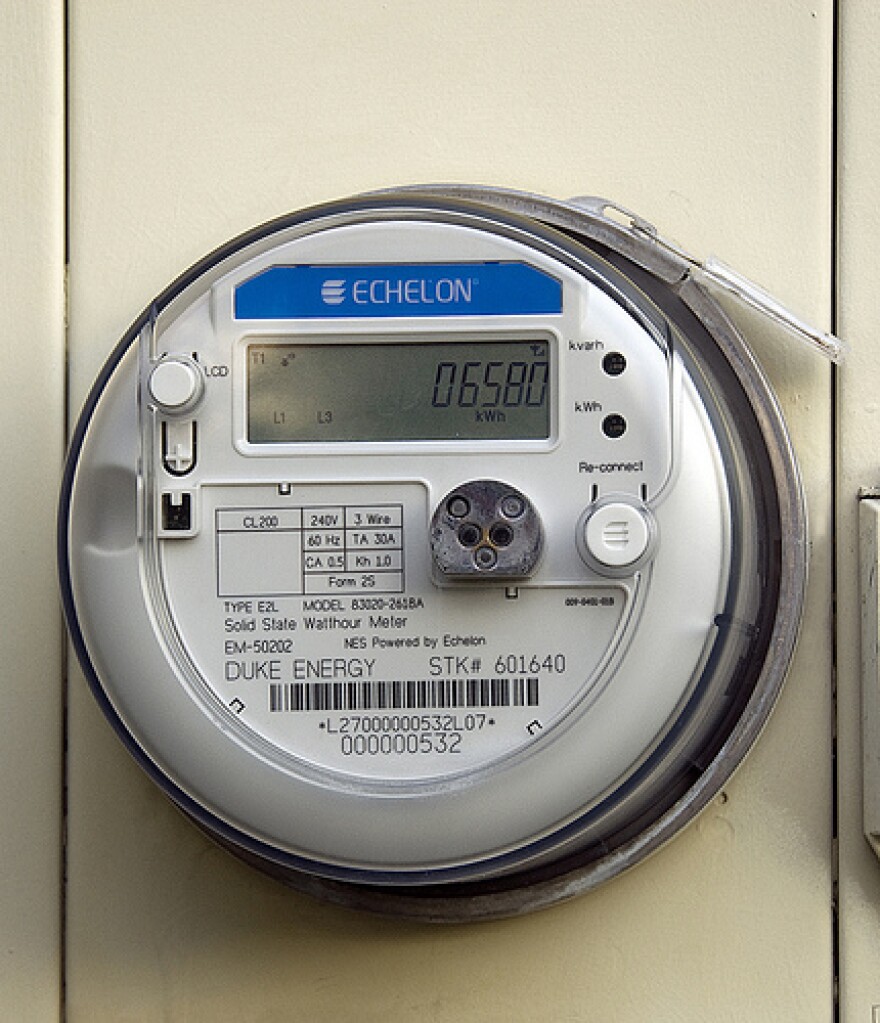Community Action Agencies say the Public Utilities Commission’s recent decision to reject an ambitious energy efficiency plan is having an immediate impact on some of the programs that low and moderate-income Granite Staters use to keep their homes warmer.
For the Community Action Partnership (CAP) of Strafford County, major projects for 2022 are on hold. Betsey Andrews Parker, CEO of Strafford County CAP, says it’s because their budgets were based, in part, on leveraging money from the utilities.
The PUC’s decision “brought things to a screeching halt” just as winter starts, she said. “It was very short-sighted, and really has impacted and sent a lot of people scrambling.”
Community Action Agencies can use utility funding for Home Energy Assistance Program projects to help improve energy efficiency for their clients through weatherization. Utility funding can sometimes also cover heating system replacements.
The new PUC order sets the incentive cap for that funding at $8,000 per project.
That's down from the $20,000 cap utilities set in a letter to the PUC in 2020. Eversource, the largest utility company in New Hampshire, says they’ve been working off of the $20,000 dollar cap since then.
Jeanne Robillard, CEO of the Tri-County Community Action Program, says they have about $640,000 worth of work that could be impacted, and they will need to put one of their larger projects on hold.
Ryan Clouthier, deputy director at Southern New Hampshire Services, says the order has introduced uncertainty for his Community Action Program, too. They’ve had to shut down work going forward, except for projects that have already been approved for the year.
“The impact of not doing weatherization or waiting another year to weatherize a home when fuel prices are increasing the way they are, it's concerning all the way around,” Clouthier said.
Home heating costs are expected to rise this winter.
Weatherization programs help keep houses warmer, lower fuel costs for families, and reduce fuel consumption — which helps to reduce the greenhouse gas emissions that cause climate change. For low-income families who spend a disproportionate portion of their income on energy, weatherization can make a big difference.
Clouthier says Southern New Hampshire Services has other funding to rely on for heating assistance programs, but utility funding has been instrumental in projects to replace or repair heating systems.
It’s unclear whether funding to repair and replace heating systems is counted within the new $8,000 cap under the new order, according to an email from an Eversource representative.
In a statement to the Energy Efficiency and Sustainable Energy (EESE) Board last week, Eversource said they will pay for projects they have already committed to, but the company directed CAP agencies to pause on scheduling new projects.
“The uncertainty and questions created by this order and our customers, particularly our low-income customers’ ability to access these critical energy efficiency solutions, it's really a pressing concern,” said William Hinkle, an Eversource representative, in an interview with NHPR.
Utility companies are required to submit plans that comply with the PUC’s new order by December 15. The state’s consumer advocate, Don Kreis, has said he intends to file a motion for rehearing on the order, and Democratic state legislators said in a press conference that they hope to take action as well.
At the EESE Board meeting last week, some urged quicker action on the issue, but no concrete plans were made. And as winter approaches, the PUC’s order has already taken effect.
Meanwhile, Community Action Agencies say they’re doing what they can.
“We do whatever we need to do to make it work, and we do the best job we can for the people who are depending on us to stay warm this winter,” said Robillard, of Tri-County Community Action Program.








